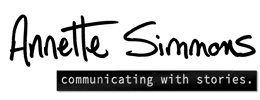
Ten Games People Play to Control Truth (2)
The Intimidation Game (2nd of ten): The transcribed stories from the original research still describe how intimidation games scare people away from a game player’s protected “territory:” All of a sudden he flared into a defensive kind of maneuver. He lapsed into another language…It was uncharacteristic of this guy. He turned crimson. He was saying, ‘I made the decision.


